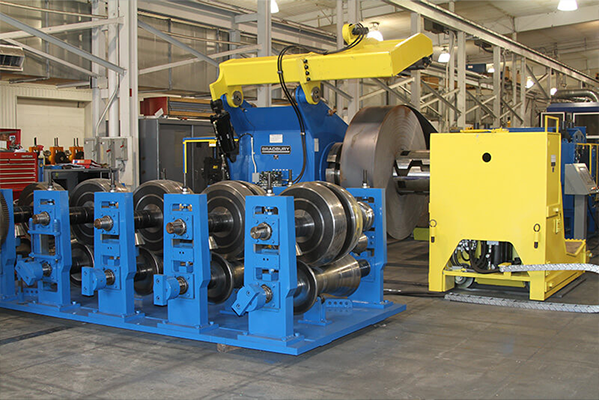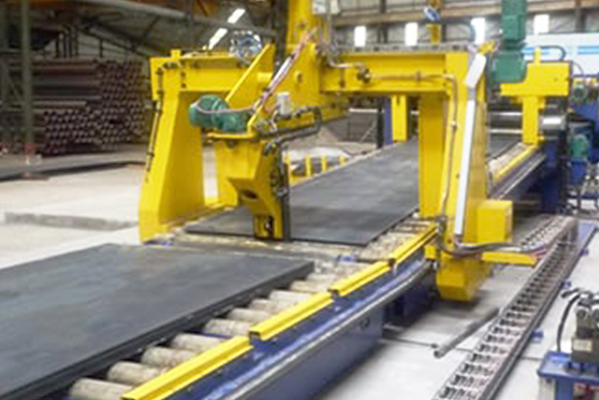Navigation Menu
Contact Us
- Email:
- info@wxavatar.com
- Address:
- Yurong Village, Yuqi Street, Huishan District, Wuxi, China.
Release Date:Jun 23, 2025 Visit:80 Source:Roll Forming Machine Factory
Selecting the right custom rollforming supplier is a crucial decision for manufacturers aiming to produce consistent, high-quality parts. A reliable supplier can contribute to smoother production processes, better product precision, and improved project timelines. When evaluating potential partners, it’s important to focus on several key factors to ensure the supplier aligns with your specific requirements.

1. Experience in Custom Rollforming
A supplier’s industry experience can directly impact the success of your project. Companies with a proven history in custom rollforming typically have a deeper understanding of various materials, profiles, and design complexities. They are more likely to offer effective solutions to meet unique design needs and handle production challenges efficiently.
2. Production Capabilities
Assess the supplier’s equipment and technology. Modern rollforming machinery can handle a wide range of material thicknesses and profile shapes. Suppliers with advanced tooling, quick-change systems, and high-capacity lines can better support diverse projects and accommodate both small and large production runs.
3. Quality Control Processes
Consistent quality is essential in rollformed parts. Look for suppliers that maintain thorough inspection protocols throughout the production cycle. A structured quality control system, including in-process monitoring and final part verification, helps ensure that products meet your dimensional and performance expectations.
4. Customization Flexibility
Not all projects fit standard specifications. The ability to offer flexible customization options, including profile adjustments, material selection, and secondary operations such as punching, welding, or assembly, is a significant advantage. Suppliers with in-house design and tooling capabilities can better support tailored solutions.
5. Material Expertise
Different materials require different handling and forming techniques. Whether you need steel, aluminum, or specialty metals, ensure the supplier has experience working with the specific materials your project requires. Material expertise contributes to more accurate forming, better surface finishes, and reliable product performance.
6. Lead Time and Delivery Reliability
Timely delivery is often critical in manufacturing schedules. Evaluate the supplier’s lead time commitments, production capacity, and ability to handle urgent orders if needed. Consistent on-time delivery helps prevent production delays and keeps projects moving forward as planned.
7. Technical Support and Communication
Effective communication and responsive technical support are essential for a smooth partnership. Suppliers who provide clear updates, accessible engineering advice, and timely responses to inquiries can greatly reduce misunderstandings and production issues.
8. Cost Structure and Value
While price is always a consideration, it should be balanced with quality, service, and reliability. A supplier that offers competitive pricing along with strong technical support, dependable lead times, and quality assurance can provide greater long-term value.

Conclusion
Choosing the right custom rollforming supplier involves more than comparing prices. By carefully considering factors such as experience, production capabilities, quality control, and service reliability, manufacturers can build successful, long-term partnerships that support efficient production and meet project goals. Taking the time to evaluate these elements will help ensure the supplier you choose is well-suited to your specific needs.